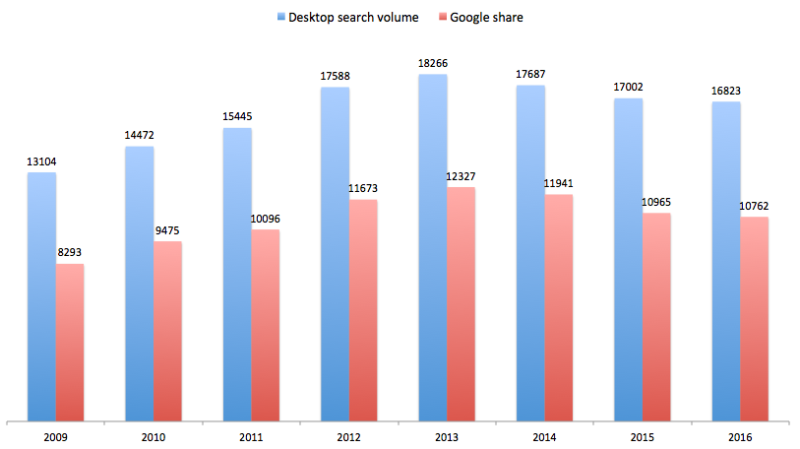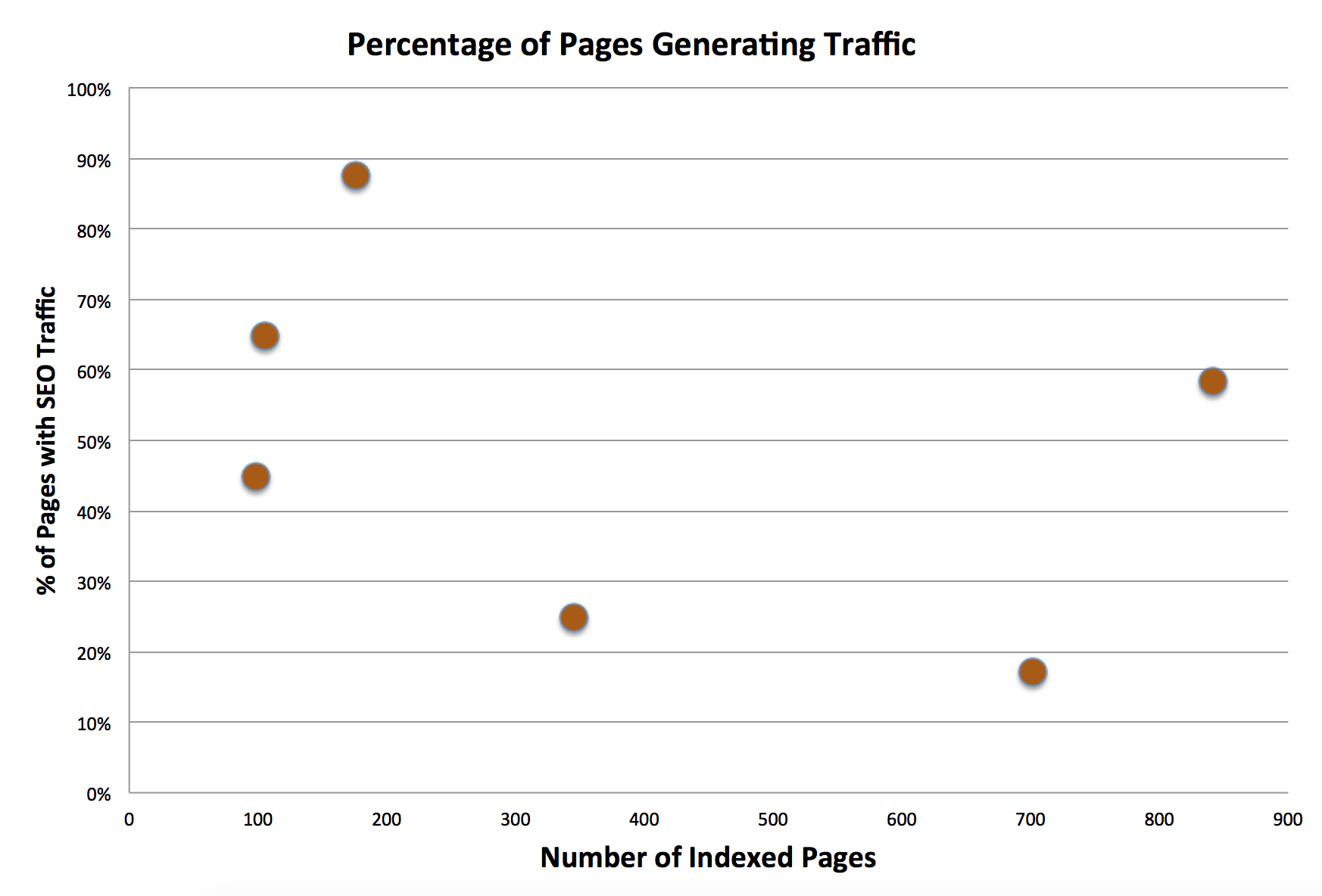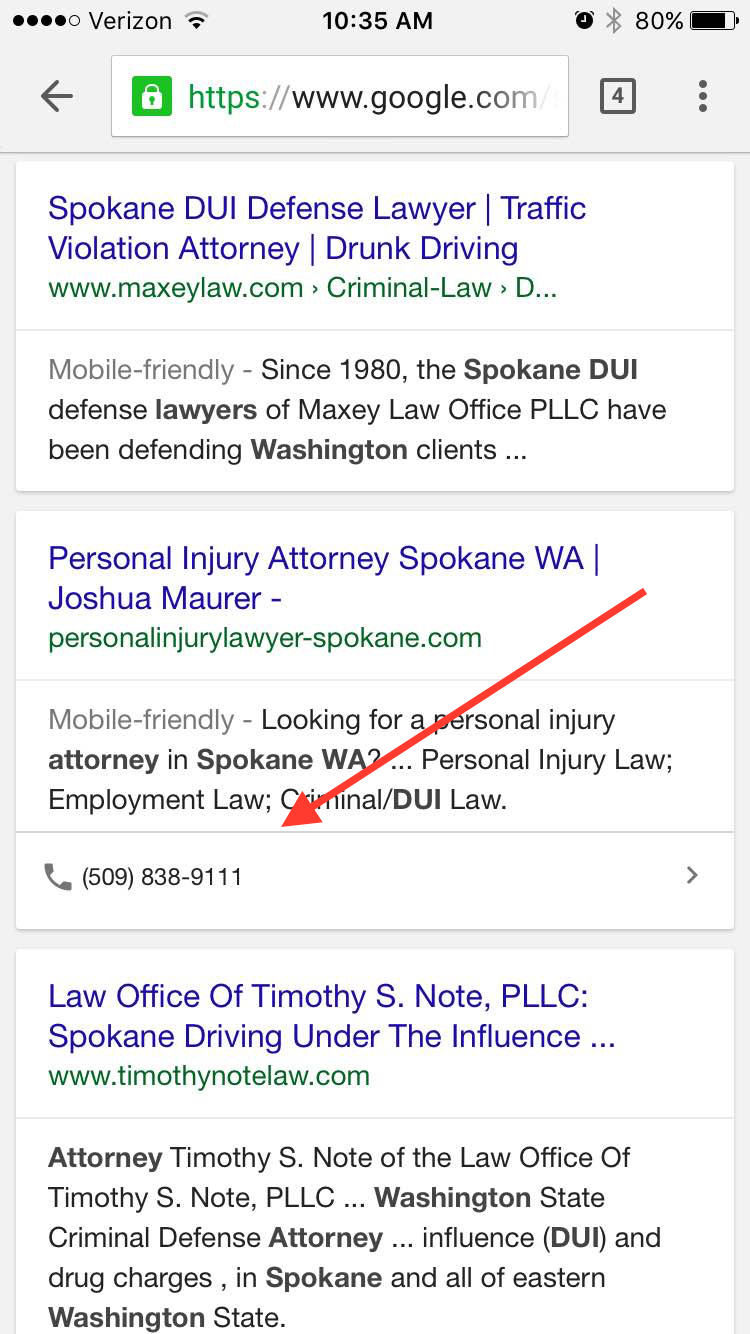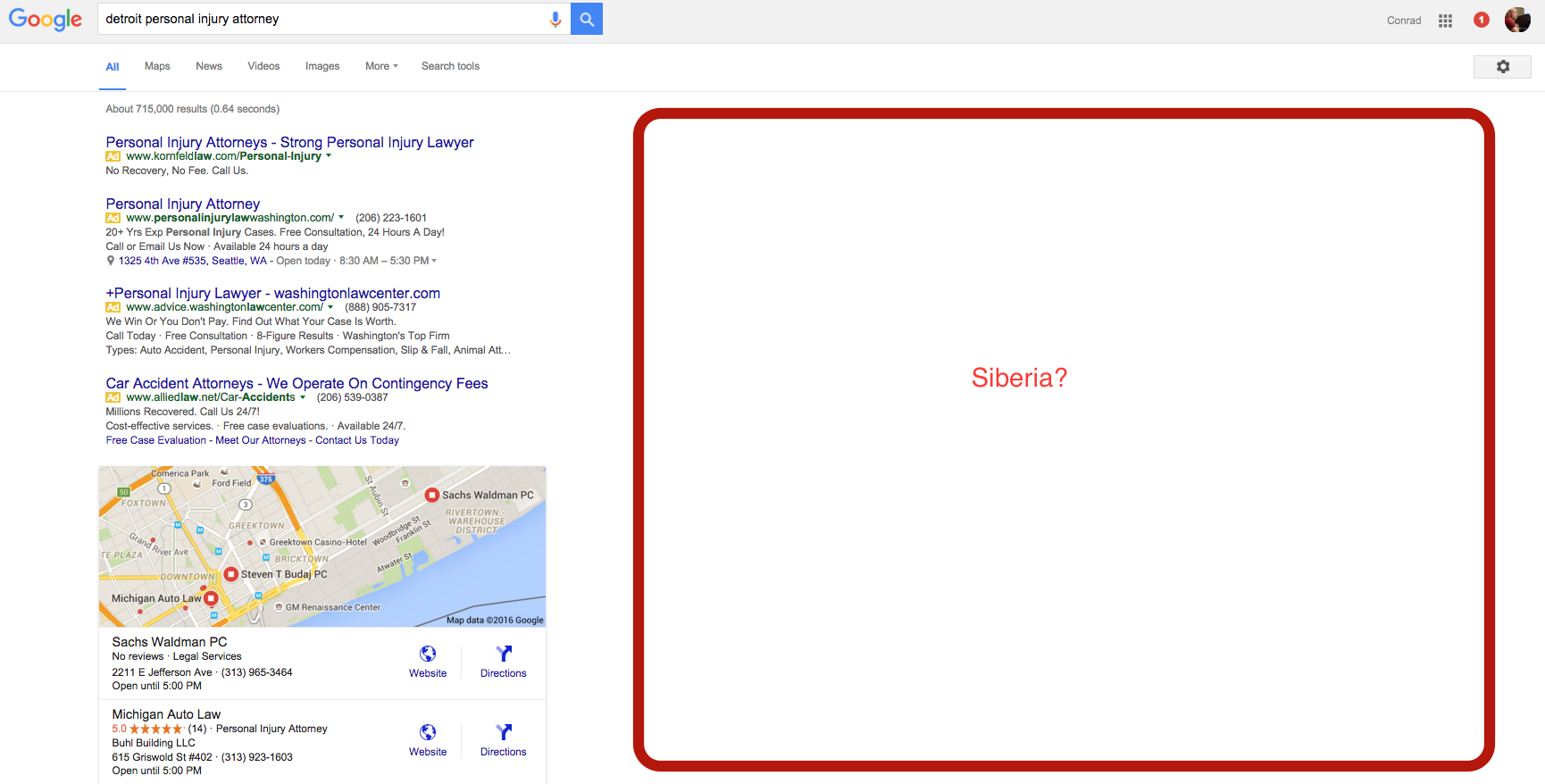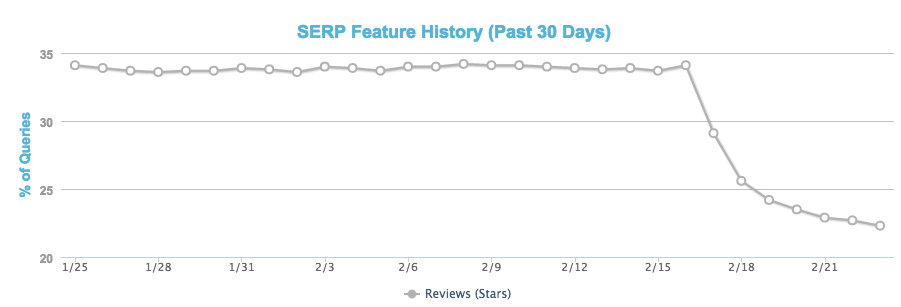So, this post comes courtesy of a phone call I had yesterday with a prospective client. It started out like many:
I’m not sure what I actually get for my monthly SEO retainer.
A little investigation and I found a huge mess….. which in turn led to a Facebook missive:
That awkward moment when you have to tell a law firm that their previous agency’s $5,000/month SEO budget didn’t pay for H1s or Title Tags.
Perhaps H1s come with the $6K package.
Now – you don’t have to know what H1s or Title Tags are…. you should be doing lawyerly things; but anyone making a living peddling SEO damn well should.
If you aspire to make a living from (your perceived) deep pockets of lawyers… here’s my guide to sounding like an expert without needing to learn what you are actually doing. (Some buzzwords courtesy of Gyi Tsakalakis – a professional instigator – although it was Michael Romano who came up with: <h1>Ripped Off</h1>)
Meerkat/Periscope/Facebook Livestream
Livestreaming started with Meerkat and Periscope and has recently had a resurgence with the launch of Facebook’s Livestream feature. Impress prospective clients with your cutting edge tech savvy, the way I watched a speaker at a legal marketing conference (that was essentially a thinly veiled pay-to-pitch event) Meerkat his entire talk. Boy was he cutting edge – and by the end of said Meerkating, three audience members proudly stood up to announce that they too had become Meerkaters during the talk and had also Meerkated the event. (seriously I can’t make this stuff up.) Lets ignore for the moment, the serendipity that would have to occur for a prospective client to actually be starting their lawyer search on social media, be linked to a specific lawyer and have both of those things coincide with the moment said lawyer decided to Periscope his knowledge to the Persicopeverse.
RankBrain
Back in October of 2015, Google launched their Artificial Intelligence update to algo’s – RankBrain – with much ballyhoo and mystery. Turns out the cutting edge of the SEO nerd community hasn’t noticed a big change; although some have suggested this was going to be the end of linkbuilding as we know it (it wasn’t). Dropping the phrase will make you sound current and mysterious – it might also defect obvious questions that require actual work to respond to: “what about linkbuilding?”
Blab
Want video conferencing limited to four participants? Enter Blab. This is a great word and can be used in all its forms: blabbing (verb), Blabber (proper noun), blabber (verb), blabbed (past tense), blabby (adjective). I’ve heard some truly ridiculous blabbery during a Blab. Just to prove Blab’s bleeding edgeness…. check out this buzzword laden description from Mashable. Be the first to write that post on your blog: “Blabbing Your Way to Profits for Law Firms, Lawyers and Attorneys.”
to prove Blab’s bleeding edgeness…. check out this buzzword laden description from Mashable. Be the first to write that post on your blog: “Blabbing Your Way to Profits for Law Firms, Lawyers and Attorneys.”
“Content is King”
This is a great phrase to use with clients who complain about lack of results – turn the responsibility back on them and yell triumphantly “content is king”…. you need to blog more, post more rewrites of last week’s accident news, expand your FAQs and chase the long tail. Because, clearly, the web is lacking content about every single aspect of the law.
GoogleJuice
This is an oldie but goodie – the mysterious GoogleJuice farmed in MountainView and harvested by plucky Google nerds that bestows rankings upon websites. This one is dedicated to a former coworkers who once told me “we don’t have to worry about SEO, we have a lot of Google Juice.” Frequently used in conjunction with PageRank.
Need to up your perceived social media savvy? Drop “pinterest”, a site many have heard of; although no one has figured out how a collection of pictures of argyle sweaters, or finely crafted timberframe interiors will get people to hire a lawyer. Fortunately your (self)proclaimed Pinterest savvy transfers an overall sense of social media authority – you are the consultant who can figure out how to get clients to publicize their pending nuptial demise by liking their divorce lawyer on Facebook.
Ninja | Maven | Rockstar | Guru
Still feeling like the one eyed man in the kingdom of the blind? Calm your nerves by bestowing one of these self-aggrandizing “titles” upon yourself – trust me the National Association of SEO Ninjas is NOT going to come knocking asking for verification. Ninjas, Mavens and Gurus are often described (by themselves) as “thought leader”, “recognized expert” and/or “bestselling author” in their Twitter and Facebook profiles.
For maximum impact combine terms from above: this can be a phrase “Meerkat Guru” or an entirely new word: “Blabjuice”.
And lawyers – if you think you are smart enough to hire a good SEO…. consider taking my simple test: Are You Qualified to Hire and SEO Agency? or purchasing the SEO Consultant Balderdash Translator from the Legal SEO Store.
 Just got a call from an ex client…. who brought in a whopping $1.5 million dollar case because he left us. He wasn’t calling to gloat, but instead to say thank you…. you see I had been telling him to leave us for months. Here’s why:
Just got a call from an ex client…. who brought in a whopping $1.5 million dollar case because he left us. He wasn’t calling to gloat, but instead to say thank you…. you see I had been telling him to leave us for months. Here’s why: